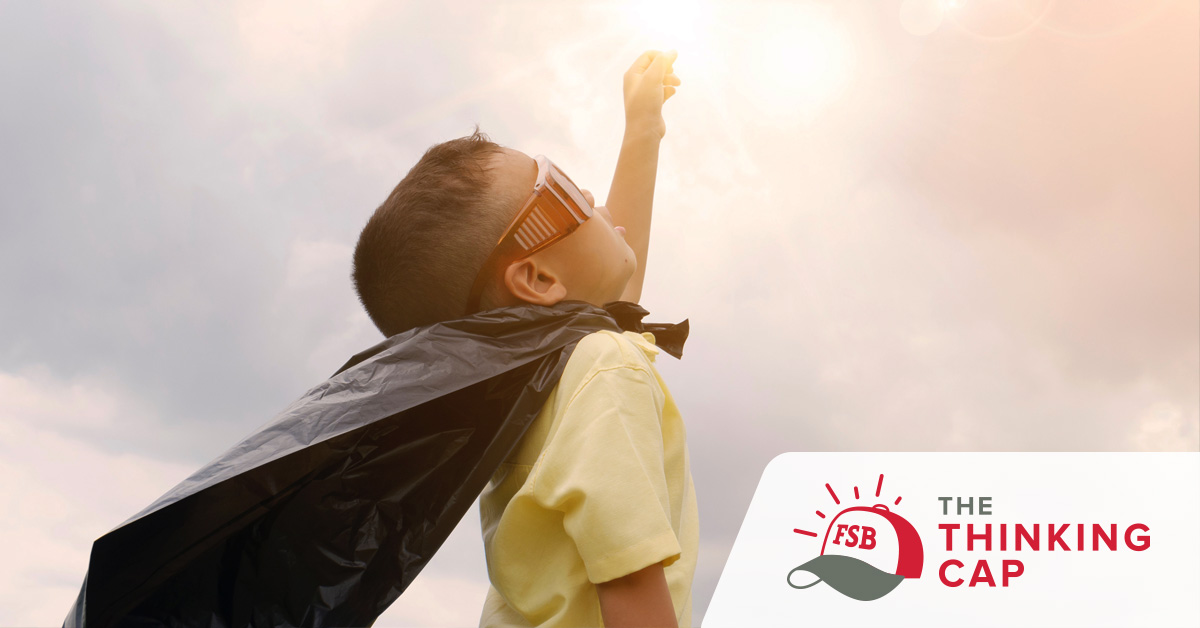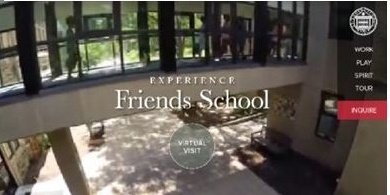Last week, I attended a conference sponsored by the Mastery Transcript Consortium, a network of public and private schools dedicated to reimagining the way student achievement is assessed and represented. Friends joined MTC one year ago so that we could help shape the groundbreaking conversations taking place in this country around the traditional high school transcript, developed more than one hundred years ago, and its limitations in the modern world.
At this conference, held at Northeastern University, we each received a copy of the book Robot-Proof by Joseph Aoun, Northeastern’s President. In it, Aoun articulates the need for an “updated model of higher education,” for the age of artificial intelligence, one that “refits (students’) mental engines, calibrating them with a creative mindset and the mental elasticity to invent, discover, or otherwise produce something society deems valuable.” “Instead of training laborers,” he writes, “a robot-proof education trains creators.”
The premise of Aoun’s argument is, as his title suggests, the threat AI poses to work that we once thought could only be performed by actual humans. He cites as evidence of this coming change an “oft-quoted 2013 study from Oxford University (which) found that nearly half of U.S. jobs are at risk of automation in the next twenty years.” Developments since 2013, including large-scale usage of AI to automate work in such fields as law, finance, and other lucrative sectors of the economy, suggest that such a forecast is not far-fetched. What, he asks, needs to change about our model of higher (and by extension secondary) education in order to prepare our children to thrive in this rapidly shifting environment?
According to Aoun, the cure for what ails higher ed is an approach that he labels “humanics,” which develops mastery of relevant content as well as the “uniquely human cognitive capacities” that defy automation. The content to which he refers includes many traditional fields, but to these he adds “data literacy, technological literacy, and human literacy.” The human cognitive capacities (roughly akin to the habits of mind in our Teaching and Learning Paradigm) that he believes to be essential include systems thinking, entrepreneurship, cultural agility, and critical thinking. Perhaps not surprisingly, from the President of Northeastern, a university that has long promoted hands-on learning through its co-op program, he believes that in order for these qualities to become deeply ingrained, students “need to experience them in the intensity and chaos of real work environments such as co-ops and internships.”
For me, reading Robot-Proof is profoundly affirming of the direction we’ve charted for teaching and learning at Friends School. We, too, believe that the mastery of content is only one component of a world-class education and that it must be complemented by the cultivation of a critical set of habits of mind and interpersonal skills. We, too, are eager to have our students take the knowledge they’ve created out into the world and put it to work in settings where they can see its value and appreciate its impact. And we, too, acknowledge that as the world around us becomes more automated, the value of uniquely human qualities is heightened, not diminished.
# # #
Are Robots Competing for Your Job? -- The New Yorker (Feb. 25, 2019)
The Workforce of the Future: The Skills Challenge Becomes More Apparent -- Forbes (Jan. 22, 2019)






